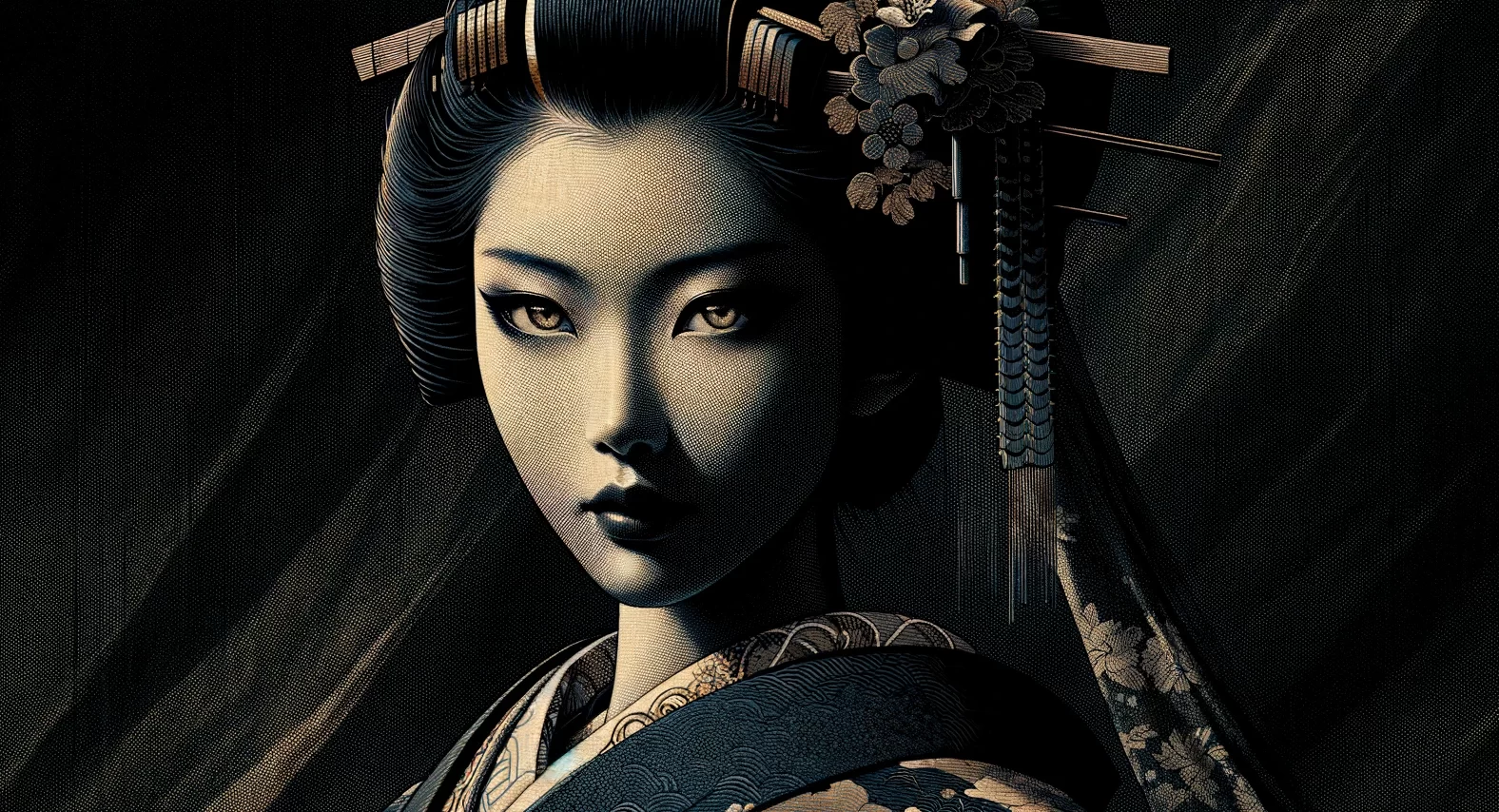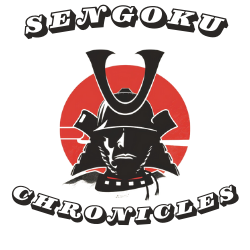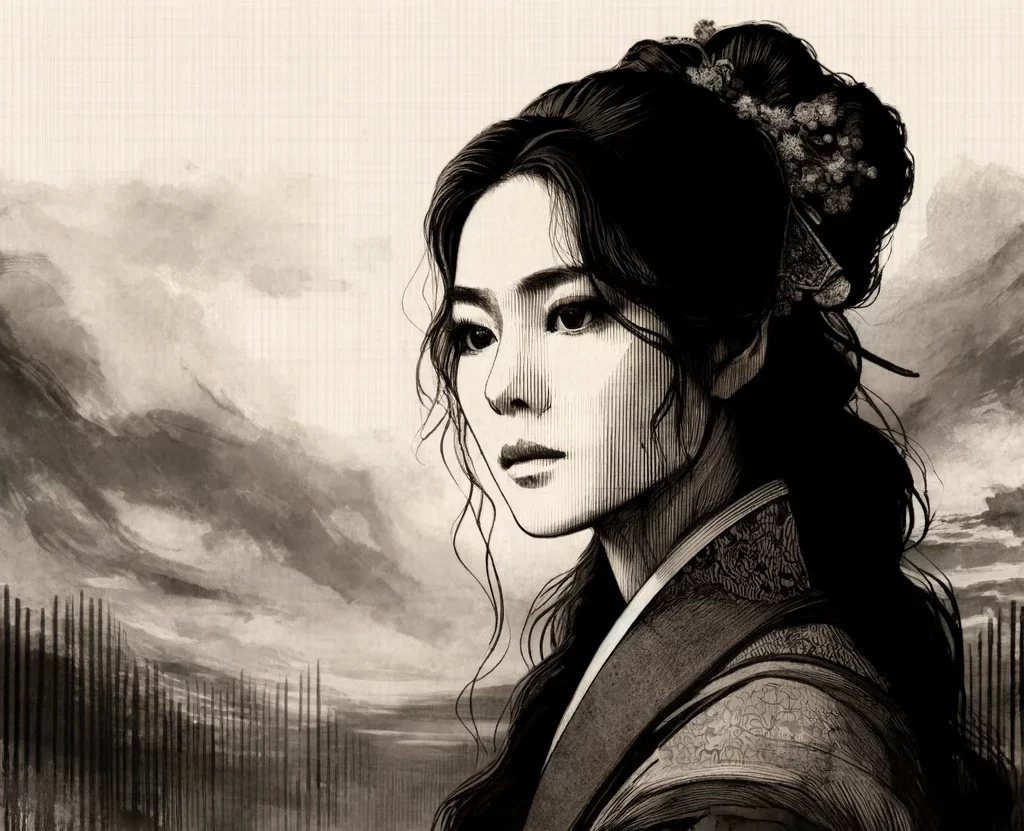Background on Anna Sawai
Early Life and Career Beginnings
Anna Sawai was born in New Zealand and moved to Japan at a young age. Growing up between two cultures gave her a unique perspective and understanding of both Eastern and Western worlds. She discovered her passion for performing early, showing interest in both acting and singing. This dual talent helped her pave the way for a versatile career.
Her acting debut came in the Hollywood film Ninja Assassin (2009). At just 17, she showcased her potential in an international setting. Despite the film’s mixed reviews, Sawai’s performance as an action-oriented character left an impression. This marked the beginning of her journey in the entertainment industry.
Breakthrough Moments in Acting and Singing
Sawai’s big break came much later with her role in F9 (2021), part of the Fast & Furious franchise. In this film, she played the character of Elle, a fearless young woman with exceptional fighting skills. The role allowed Sawai to highlight her physical capabilities, as well as her emotional range.
In addition to acting, Sawai also pursued a career in music. She joined the J-pop girl group FAKY, which further boosted her visibility. This experience enhanced her stage presence and confidence as a performer. Balancing two careers, Sawai developed a strong work ethic that would serve her well in future roles.
Preparedness for Shōgun
By the time she was cast in Shōgun, Sawai had already proven herself as a versatile actress. Her prior work in action films and her understanding of Japanese culture made her the perfect choice for the role of Toda Mariko. With her ability to navigate both cultural and physical demands, Sawai was well-prepared to take on the challenge of this complex character.
Who Is Toda Mariko?

Character Overview
Toda Mariko is a key character in the Shōgun series, set in feudal Japan during a time of political and cultural upheaval. She is the wife of a powerful samurai, and her life is defined by strict adherence to honor and duty. However, she is more than just a samurai’s wife. Mariko is a highly intelligent and resourceful woman, serving as a translator and advisor in crucial situations.
Her ability to navigate both Japanese and Western cultures makes her a vital link between two worlds. She is skilled in multiple languages and plays a key role in the interactions between the Japanese and European characters. Mariko’s deep understanding of diplomacy and strategy gives her influence beyond her traditional role in society.
Role in Shōgun
In Shōgun, Mariko is portrayed as a character torn between loyalty to her family and her own moral compass. She is bound by the rigid codes of the samurai class but also feels drawn to different ideas that challenge her upbringing. Her inner conflict and sense of duty make her one of the most compelling figures in the series.
Mariko’s relationships with the other characters further illustrate her complexity. She is caught between her loyalty to her husband, who represents the old ways, and her growing bond with the foreigner, John Blackthorne. This conflict drives much of her storyline, as she must make difficult choices that balance personal desires with her obligations.
Toda Mariko stands as a symbol of grace under pressure. She faces challenges both external and internal, making her journey through Shōgun one of transformation and self-discovery. Her ability to embody both strength and vulnerability defines her as a multi-dimensional character.
Why Anna Sawai’s Performance Shines
Capturing Mariko’s Emotional Depth
Anna Sawai’s portrayal of Toda Mariko is powerful because of her ability to convey complex emotions with subtlety. Mariko is a character torn between duty and personal desire, and Sawai brings this inner turmoil to life. In scenes where Mariko faces impossible decisions, Sawai’s expressions and body language reveal the character’s quiet suffering and resilience. She doesn’t need grand gestures or long speeches to communicate Mariko’s internal struggle. Instead, her performance is marked by emotional restraint that feels authentic to Mariko’s role as a samurai’s wife.
Sawai is especially effective in scenes where Mariko’s vulnerability is at odds with her strong exterior. Whether confronting her husband or making life-changing decisions, Sawai navigates the emotional shifts with precision. The tension between Mariko’s honor and her heart is portrayed with delicacy, allowing viewers to feel her internal conflict deeply.
Mastering the Historical and Cultural Nuances
Sawai’s understanding of Japanese culture significantly enhances her performance. She skillfully incorporates the strict etiquette and social codes that govern Mariko’s world. Every movement, gesture, and glance reflects a deep understanding of what it means to be a woman of the samurai class in feudal Japan. Sawai’s performance is rooted in the historical accuracy of how women like Mariko would have behaved, making the portrayal feel authentic.
Her fluency in both English and Japanese adds another layer to her performance. Mariko’s role as a translator between the Japanese and Europeans is crucial in Shōgun, and Sawai transitions between languages effortlessly. This linguistic skill not only serves the plot but also enhances the realism of her character.
Physicality and Combat Skills
Another key element of Sawai’s performance is her physicality. Having previously worked in action films, Sawai brings credibility to Mariko’s moments of physical exertion. Her experience with fight choreography, particularly in films like F9, allowed her to seamlessly handle Mariko’s combat scenes. When Mariko needs to defend herself or others, Sawai’s movements are sharp and believable.
Even outside of combat, Sawai’s posture and presence reflect Mariko’s training and discipline as a samurai’s wife. She carries herself with grace, precision, and purpose, embodying the quiet strength that defines Mariko.
What Sawai and Mariko Have in Common
Shared Sense of Duty
Both Anna Sawai and Toda Mariko share a strong sense of duty and responsibility. For Mariko, her duty is to her family, her samurai heritage, and her role as a bridge between cultures. For Sawai, this sense of duty is evident in her dedication to her craft and her determination to give her best in every role she takes on. Whether through rigorous preparation or complete immersion in her characters, Sawai’s commitment reflects the same level of honor and responsibility that defines Mariko’s actions.
Balancing Different Cultures
One of the most striking similarities between Sawai and Mariko is their ability to navigate different cultural worlds. Mariko is a key figure in Shōgun because she can communicate and mediate between Japanese and European cultures. Similarly, Sawai, with her background as a Japanese-New Zealand actress, has lived her life balancing two cultures. This duality gives her a unique understanding of the challenges and opportunities that come with living in two worlds. Just like Mariko, who must balance traditional Japanese values with new Western ideas, Sawai brings this experience into her portrayal, lending authenticity to the character’s internal conflict.
Quiet Strength and Resilience
Both Sawai and Mariko possess a quiet strength and resilience that drives their journeys. Mariko faces many challenges, from political intrigue to personal sacrifice, but she always remains composed and steadfast. Sawai’s career has similarly been marked by perseverance. She faced many obstacles before rising to prominence in major international productions. Her ability to remain patient and determined in the face of challenges mirrors Mariko’s ability to endure hardships with grace.
This shared sense of inner strength allows Sawai to deeply understand Mariko’s journey, making her portrayal even more powerful. Both women embody resilience, making them strong, complex figures in their respective realms.

Why Sawai Was Able to Interpret Mariko So Well
Deep Understanding of the Character’s Emotional Journey
Anna Sawai’s portrayal of Toda Mariko is rooted in her deep understanding of the character’s emotional complexity. Mariko is a woman who constantly balances loyalty, love, and personal morality in a turbulent world. Sawai’s ability to convey this struggle comes from her own sensitivity and empathy as an actress. She knows how to communicate Mariko’s quiet moments of doubt, pain, and strength without overacting. This balance is crucial to portraying a character like Mariko, whose internal battles are often masked by a composed exterior. Sawai’s emotional intelligence allows her to capture these subtleties with finesse.
Training and Commitment to Authenticity
Sawai’s dedication to authenticity was key in bringing Mariko to life. Before stepping into the role, she underwent rigorous physical and cultural preparation. Her prior experience in action films equipped her for the physical demands of the role, while her deep knowledge of Japanese history and culture added layers of authenticity. Sawai immersed herself in the historical context, learning everything from traditional manners to language nuances. This commitment ensured that her portrayal of Mariko was not just believable but also true to the period and setting. Her meticulous attention to detail made her performance stand out.
Immersive Dedication to Character Development
Sawai’s approach to character development goes beyond surface-level interpretation. She delves into the psychological and emotional depths of her characters, making them feel fully realized and multi-dimensional. With Mariko, Sawai embraced both the character’s vulnerabilities and strengths, allowing her to portray a woman who is both powerful and conflicted. By fully immersing herself in Mariko’s world, she brought a unique depth to the role, ensuring that viewers could connect with the character on a human level.
This immersive dedication, combined with her cultural understanding and emotional insight, made Sawai’s interpretation of Toda Mariko both compelling and unforgettable.
Conclusion
Anna Sawai’s portrayal of Toda Mariko really left an impression on me. She didn’t just play the character; she became her in a way that felt deeply real and honest. Watching her bring Mariko to life was like seeing someone live out their personal battles in front of us, with all the subtle emotions and internal conflicts we might experience ourselves.
What I found most striking was how Sawai could balance Mariko’s strength with vulnerability. It’s rare to see a character in such a strict historical setting feel so relatable, but Sawai made Mariko feel like someone we could understand. Her cultural understanding and personal background played a huge part in this. It’s clear she connected with Mariko on a level that many actresses probably wouldn’t have been able to.
I think what resonated with me the most was seeing how Sawai captured Mariko’s quiet strength. It’s not easy to portray a character who keeps so much inside while still making you feel every bit of their journey. That’s exactly what Sawai did, and it’s why her portrayal stood out to me so much.
To me, Anna Sawai didn’t just act the role of Toda Mariko; she brought her to life with all her complexities, making Mariko’s story a powerful part of Shōgun. It’s clear Sawai put a lot of herself into the role, and that’s what made her performance so unforgettable.

